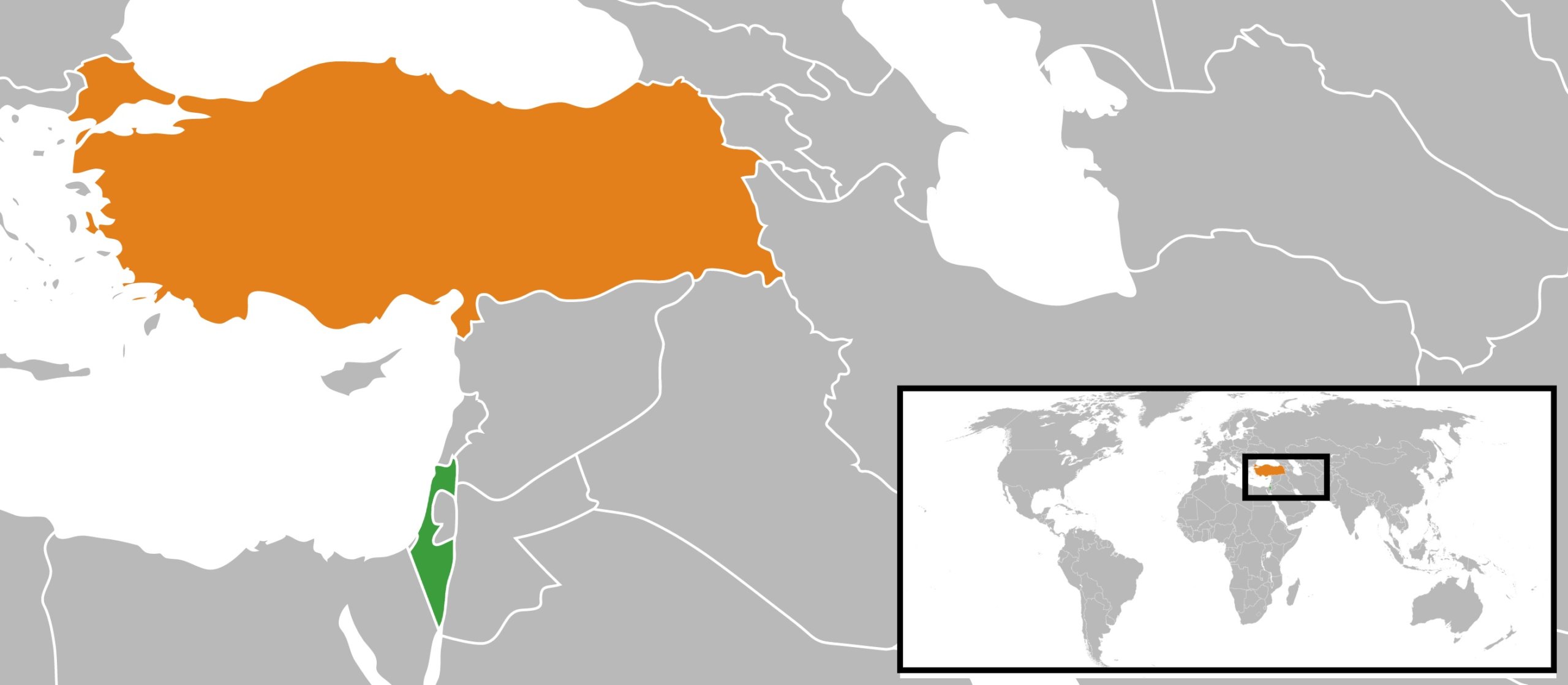Turkey and Israel: the end of the quarrel?
Turkish President Recep Tayyip Erdogan made it clear that he is ready to mend relations with Israel after years of accusing Israel of «genocide» and «apartheid». During a press conference, he stated: «Our relations with Israel on intelligence have not ceased anyway, they are still continuing… We have some difficulties with the people at the top». He stressed that Ankara “cannot accept the attitude of Israel towards the Palestinian lands,” and that “we differ from Israel in terms of our understanding of both justice and the territorial integrity of countries.” But, he noted: “Otherwise, our heart desires that we can move our relations with them to a better point.” His statements were backed up by the appointment of a new Turkish ambassador to Israel, which had been empty for two years. “Axios” is reporting that Azerbaijan is an intermediary between the two countries. Azerbaijani President Ilham Aliyev told the Israeli authorities that Erdogan is interested in improving relations.
Once Turkey was one of Israel’s closest allies in the Middle East region, however, after the arrival of Erdogan, relations between the countries have noticeably deteriorated. The gap widened after the Turkish ship Mavi Marmara attempted to break the blockade of the Gaza strip and the activists attacked the Israeli naval commandos. As a result of the provocation, 10 Turkish activists were killed. In addition, Erdogan has always actively criticized Israel over the Palestinian issue. Despite this, trade relations and tourism remained between the countries.
Analysts suggest Turkey’s turnaround is related to the arrival of new US President Joe Biden, who is likely to pursue a tougher policy towards Turkey on human rights and democracy issues. It is assumed that through improving relations with Israel, Erdogan will receive a kind of indulgence in the US Congress, where anti-Turkish relations are prevailing, but where Israel has the opportunity to help Ankara through a wide lobby.
«Al-Monitor» reports that a closed channel between Ankara and Jerusalem opened at the end of November, and Hakan Fidan, the head of Turkish intelligence, has already met several times with the head of Mosad Yossi Cohen.
Given this trend, it is possible that in March Turkey will join the list of recent countries that have established diplomatic relations with the Jewish state.




